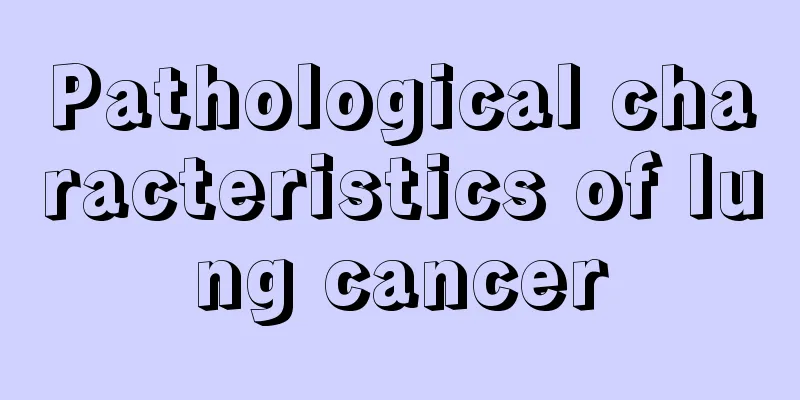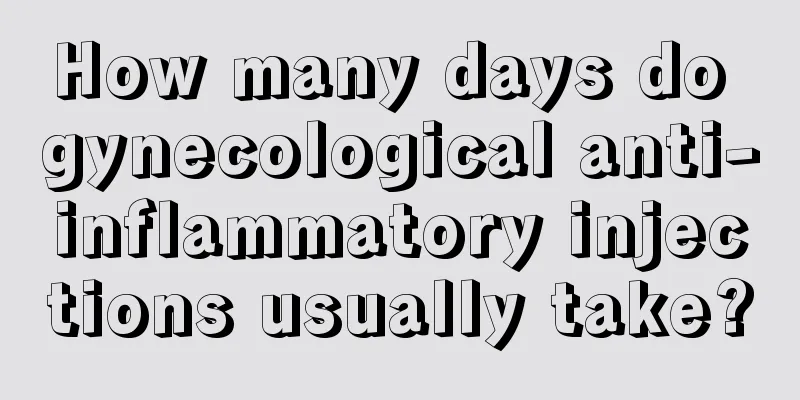What are the sequelae of nasopharyngeal cancer

|
Nasopharyngeal carcinoma is a malignant tumor that occurs in the nasopharyngeal mucosa. It is more common in Guangdong, Guangxi, Fujian, Hunan and other places in my country, and the incidence rate in men is higher than that in women. The cause of nasopharyngeal carcinoma is still unclear, and most people believe that it is related to genetics, viruses, environmental factors and vitamin A deficiency. Common clinical manifestations of early patients are nasal congestion, nosebleeds, headaches, and tinnitus; in the late stage, the tumor invades the brain, and tinnitus, deafness, headaches, diplopia and cervical lymphadenopathy may occur. Nasopharyngeal carcinoma patients often have some serious sequelae after chemotherapy, which poses a greater threat to the patient's health. Common sequelae of nasopharyngeal carcinoma patients undergoing radiotherapy include dry mouth, tooth decay, difficulty opening the mouth, deafness, cervical fibrosclerosis, central nervous system damage, etc. Generally speaking, the above symptoms are relatively mild and will not significantly affect the patient's life and work. This is inevitable in radical tumor treatment. However, if the irradiation field is large and the dose is high, the tumor recurs and undergoes re-radiation, the patient has a disease that affects the radiation tolerance of normal tissues (such as diabetes, hyperthyroidism, atherosclerosis, etc.), a specific constitution that is particularly sensitive to radiation, or combined chemotherapy, the above symptoms will be significantly aggravated. 1. Dry mouth and tooth decay. During radiotherapy for nasopharyngeal carcinoma, the parotid glands are often damaged. The parotid glands are located deep in the cheeks on both sides. They are inevitably exposed to high doses of radiation during conventional radiotherapy, which greatly reduces their ability to secrete saliva. Even after several years of radiotherapy, it is still difficult to recover. Many patients experience dry mouth and have to drink water every few minutes. They have difficulty swallowing rice. Saliva contains various lysozymes. Reduced secretion leads to the proliferation of oral bacteria. Some patients develop severe tooth decay and tooth damage several years after radiotherapy. The main preventive measures include paying attention to oral hygiene, rinsing your mouth frequently after meals, brushing your teeth with fluoride toothpaste, and repairing or removing bad teeth in the mouth before radiotherapy. 2. Difficulty in opening the mouth The incidence of difficulty in opening the mouth after radiotherapy for nasopharyngeal carcinoma is 5%, which is related to the high dose of radiation to the temporomandibular joint. Some patients have severe restrictions on opening their mouths, which affects eating and speaking. Necessary mouth opening exercises during and after radiotherapy can reduce the incidence, such as holding a cork in the mouth, opening and closing mouth exercises, etc. 3. Hearing loss and deafness. After radiotherapy for nasopharyngeal carcinoma, 8% of patients have obvious hearing loss, and 3% of patients have bilateral deafness, which is related to the high dose of radiation received by the middle ear and inner ear. There is currently no effective preventive measure except reducing the radiotherapy dose. 4. Neck fibrosclerosis. Several years after radiotherapy for nasopharyngeal carcinoma, some patients may develop fibrosis of the neck muscles and skin, manifested as neck muscle atrophy, neck thinning, and thin skin. Active neck rotation exercises may reduce its severity. 5. Central nervous system damage. After radiotherapy for nasopharyngeal carcinoma, the temporal lobe tissue on both sides is exposed to high doses of radiation and causes radiation-induced brain damage. The main manifestations are memory loss, personality changes, headaches, etc. The general treatment includes high-dose hormone shock therapy, vitamin B12, methoxazole and other nerve nourishing drugs. To sum up, the above is an introduction to the common sequelae after radiotherapy for nasopharyngeal carcinoma. I hope everyone will pay attention and try to avoid chemotherapy. |
<<: How can patients with nasopharyngeal carcinoma prevent recurrence
>>: Is the saliva of nasopharyngeal cancer contagious?
Recommend
Why can't sea cucumbers get oily?
When many people at home are handling sea cucumbe...
What are the effects of toon buds?
In daily life, toon buds are a relatively common ...
What is the homemade method of ear correctors?
In life, people often have some minor problems wi...
Nervous System Anatomy
The nervous system is the dominant system in the ...
Analysis of early symptoms of esophageal cancer
The cause of esophageal cancer is related to many...
What are the hazards of titanium to the human body?
Today's society is developing at a dazzling s...
What are the symptoms of liver cancer? Three symptoms indicate that you have liver cancer
1. Weight loss and fatigue. Patients with liver c...
Why do people feel weak in autumn
We should all have heard of a term called spring ...
What are the normal values of bile acid? What is the significance?
The gallbladder is an important auxiliary digesti...
What does the crescent on the finger represent?
In life, people's nails may have many problem...
What food is good for frequent oral ulcers
People who often suffer from oral ulcers can impr...
Can facial skin allergies be treated?
Spring and autumn are the peak seasons for facial...
The role of yeast extract
Yeast is a common food. Substances are extracted ...
What are the early symptoms of lung cancer? Four early symptoms of lung cancer
The treatment of lung cancer must be done from a ...
What are the nursing methods for liver cancer? Liver cancer patients should pay attention to these 6 points in their winter diet
Liver cancer has always been feared by people. Ma...









